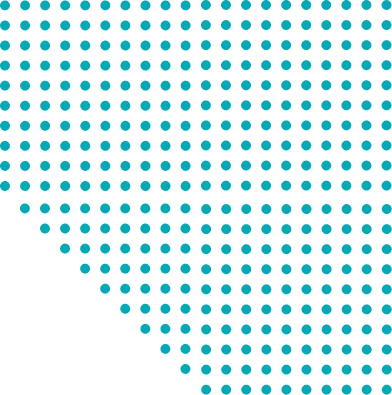
Pathway 8: Urbanisation, Social Change & Urban Transformation (USCT)

Pathway Leads
Kings’s College London: Dr Zheng Wang
Queen Mary University of London: Sam Halvorsen
Imperial College London: Dr Aruna Sivakumar
Student Pathway Representative
Elias Adan Yassin: elias.yassin@kcl.ac.uk
Estelle Marie Broyer: e.m.broyer@qmul.ac.uk
Pathway mailing list
To contact students on this LISS DTP pathway please email:
Research Area:
The Environment & Urban Life
Pathway 8: Urbanisation, Social Change & Urban Transformation
There are five training sub-pathways:

A. Urban Health & Wellbeing
Focuses on understanding the spatial patterns of urban health and inequalities, the consequences for the provision of urban healthcare services and the use of new healthcare technologies for both acute and chronic care.
King’s College London
MSc Global Health & Social Justice
Queen Mary University of London
MRes Global Health Geographies
Imperial College
MSc Environmental Technology
B. Urban Spatial Politics
Develops critical assessments of urban citizenship and governance, the management and contestation of urban public space, and urban violence, crime and security.
King’s College London
MSc Environment, Politics & Globalisation
MSc Global Health & Social Justice
MSc Sustainable Cities
Queen Mary University of London
MRes Geography
C. Digital Innovation in Cities
Focuses on the implications of the explosive growth in new digital data and data-driven innovation and services for urban socio-economic processes, urban structure and urban living.
King’s College London
MA Big Data in Culture & Society
Imperial College
MSc Environmental Technology
MSc Transport
D. Home, Urban Lives & the Built Environment
Explores the relationship between the processes of urban infrastructure development, the residential property market and housing policy, urban regeneration, gentrification, home and homelessness, alongside the diversity of urban lives and experiences of the city and broader processes of urban demographic change.
King’s College London
MSc Sustainable Cities
MA/MSc Geography
Queen Mary University of London
MRes Cities & Cultures
E. Migration, Mobility & Flow
Explores both the drivers of and the consequences that follow migration, the flows of commodities and information from, to and within the city and processes of urban mobility.
King’s College London
MSc Sustainable Cities
MA/MSc Geography
Imperial College
MSc Transport
Pathway students
Liam Kirkpatrick
8. Urbanisation, Social Change & Urban Transformation
2019-20

Elara Kyffin Shurety
8. Urbanisation, Social Change & Urban Transformation
2023-24

Fraser Curry
8. Urbanisation, Social Change & Urban Transformation
2022-23

Jeff Zifan Wu
8. Urbanisation, Social Change & Urban Transformation
2021-22

Rachel Taylor
8. Urbanisation, Social Change & Urban Transformation
2021-22

Amelia Kramer
8. Urbanisation, Social Change & Urban Transformation
2021-22

Mattias Koli
8. Urbanisation, Social Change & Urban Transformation
2020-21

Jacob Stringer
8. Urbanisation, Social Change & Urban Transformation
2019-20

Deivi Norberg
8. Urbanisation, Social Change & Urban Transformation
2019-20
Sam Murphy
8. Urbanisation, Social Change & Urban Transformation
2019-20

Corina Angheloiu
8. Urbanisation, Social Change & Urban Transformation
2017-18
Laura Roberts
8. Urbanisation, Social Change & Urban Transformation
2018-19
Conor Moloney
8. Urbanisation, Social Change & Urban Transformation
2018-19
Joris Gort
8. Urbanisation, Social Change & Urban Transformation
2018-19

Hana Riazuddin
8. Urbanisation, Social Change & Urban Transformation
2017-18
Rosie Riley
8. Urbanisation, Social Change & Urban Transformation
2017-18

Jade Hunter
8. Urbanisation, Social Change & Urban Transformation
2017-18
Nicholas Fisk
8. Urbanisation, Social Change & Urban Transformation
2017-18
Alessandra Abeille
8. Urbanisation, Social Change & Urban Transformation
2017-18
